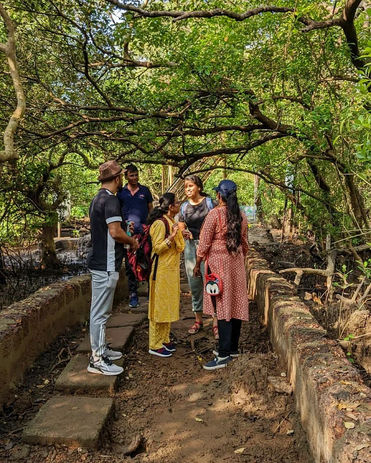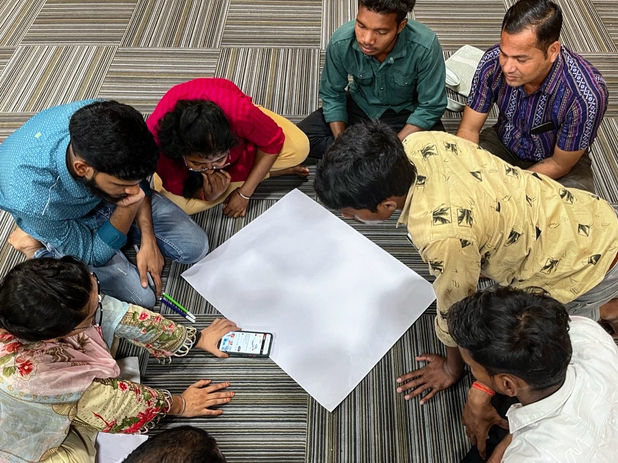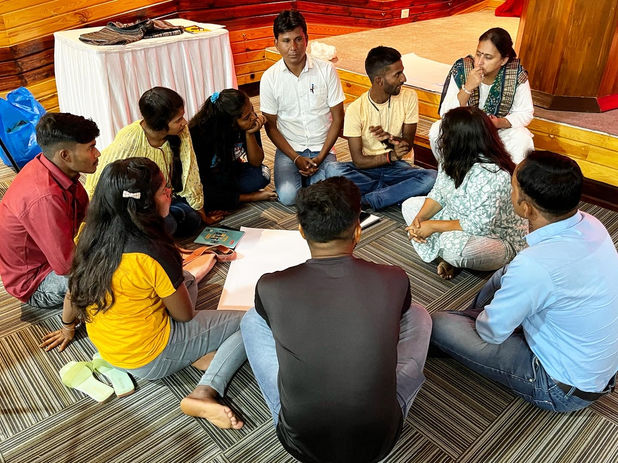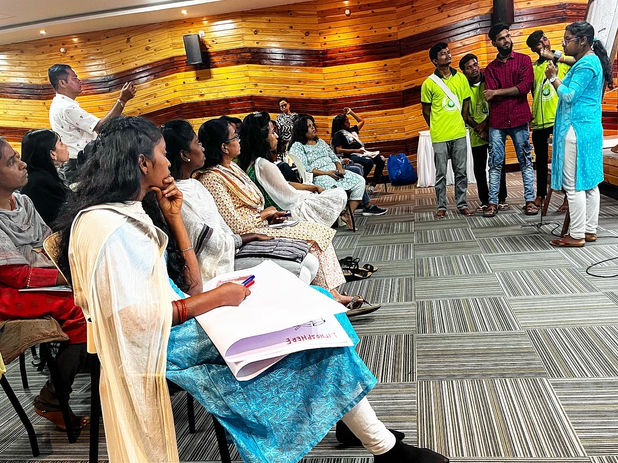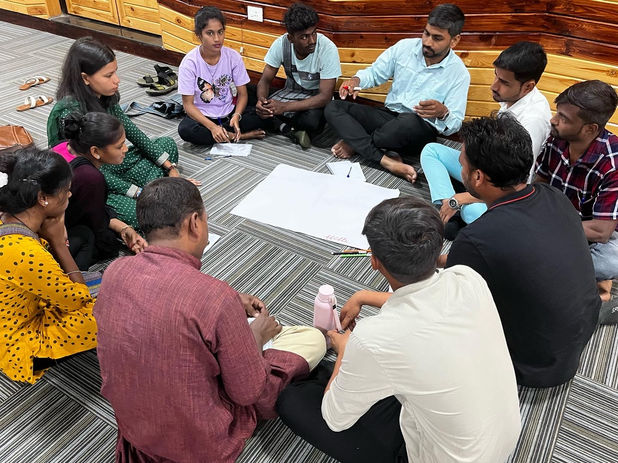tdh, terre de hommes & Paryavaran Mitra
DURATION: August 2022 - April 2023
LOCATION: India, Nepal and Pakistan
PROJECT BRIEF
The climate crisis is the defining human right’s challenge of our generation. It is already having a devastating impact on the well-being of youth and children, who do not experience the impacts of climate change in the same ways as adults. South Asia is home to one of the largest global populations of young people, who are highly vulnerable to the impacts of climate change, manifested in food and water insecurity and unclean living environments.
At the same time, youth today are future decision-makers and key stakeholders when it comes to climate action. Yet, in India, Nepal, and Pakistan they face several obstacles in engaging in climate action including a lack of access, relevant knowledge and capacities, and resources. They also face delegitimisation and exclusion from important policy and decision-making processes. Youth need to be recognised and listened to as agents of change at local, national, and regional levels, so that they can provide solutions to secure their own rights and collectively drive sustainable development for themselves, their communities, and societies across South Asia.
The terre de hommes (tdh) led Local to Global: Healthy and Sustainable Environment for Youth in South Asia multi-year project is working with a network of more than 24 non-governmental organisations (NGOs, including Paryavaran Mitra) and community-based organisations (CBOs) across to deliver climate rights to approximately 10,000 youth across the South Asia region. This is being realised through the delivery of relevant knowledge, strengthened capacities and resources for climate action, including youth-led businesses, adaptation and mitigation initiatives, and advocacy.
PROJECT PROCESS
-
Content development and design of a climate science curriculum (including lesson plans, visual aids, and relevant activities). The curriculum strengthens understanding of the essential principles of Earth’s climate system, enables youth to assess scientifically credible information about the climate and communicate about climate change and its impacts in meaningful and relevant ways, and facilitates informed and responsible decision-making with regards to actions that may affect the climate. The following modules are covered in the curriculum: the climate system, the carbon cycle, climate indicators, human impacts on the climate, climate change impacts on humans, mitigating climate change, and living with climate change/a climatically altered world. Each module consists of lesson plans, case-studies to make the content more relatable across the region, activities to enforce understanding of key concepts, visual aids and additional resources and teaching aids for trainers and youth leaders to use when imparting the content. The curriculum was developed in English and translated into Hindi, Kannada and Nepali.
-
Conducted a 2-day workshop to familiarise fifty NGO and CBO staff, trainers and youth leaders with the curriculum content and its delivery. EcoNiche continues to provide necessary scientific and technical support to the project partners’ network as they deliver the curriculum to the youth across India and Nepal.
-
Facilitated a coastal mangrove biodiversity walk in the Salim Ali Bird Sanctuary on Charao Island, North Goa to familiarise project partners and youth leaders with marine and coastal biodiversity, particularly mangroves, and the ecosystem services they provide that support communities and societies.


